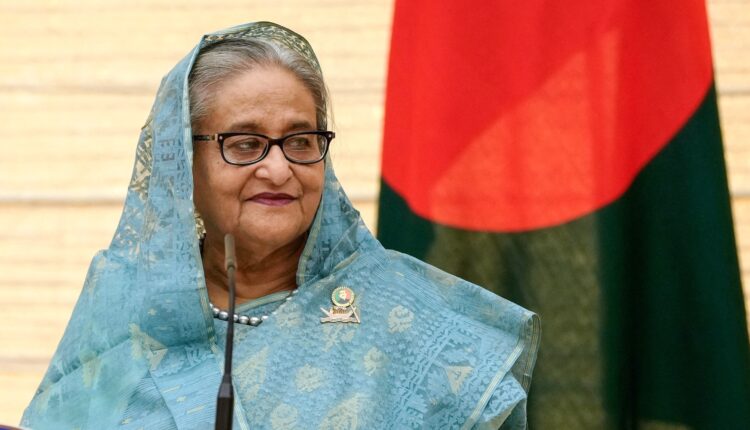Why Has Bangladesh’s Prime Minister Sheikh Hasina Resigned and Fled?

Dhaka, August 5, 2024 — Bangladesh’s Prime Minister Sheikh Hasina, after 15 years in power, has suddenly resigned and fled the country. This development follows weeks of student-led protests that were met with deadly force, leading to widespread jubilation in the streets of Dhaka.
What Led to This?
The protests began with students demanding fairer access to government jobs, opposing a quota system that reserved 30% of these positions for the families of those who fought for independence from Pakistan in 1971. The government’s violent response to these protests, including the killing of nearly 300 people, sparked a broader movement for justice, ultimately forcing Hasina to step down.
Despite the Supreme Court largely meeting their demands on quotas two weeks ago, the harsh government response since mid-July kept the protests alive. The internet blackout during the peak of the violence could not prevent the spread of images showing police and ruling party members attacking protesters with live fire and machetes, and running them over with vehicles. Continuous night-time raids in Dhaka have resulted in 11,000 arrests, contributing to the unrest.
The Final Hours
Raids continued up to the eve of a mass protest planned for Monday. However, the surprise announcement of Hasina fleeing the country by helicopter quelled the immediate unrest. Confirmations from the army chief about her resignation and departure added to the sense of a turning point in the crisis.
Who is Sheikh Hasina?
Sheikh Hasina, 76, was the world’s longest-serving female prime minister, having led Bangladesh since 2009, and earlier from 1996 to 2001. She headed the Awami League, the party founded by her father, Sheikh Mujibur Rahman, Bangladesh’s founding father. Surviving the assassination of her family in a 1975 coup, Hasina became the party leader and tied its legitimacy closely to her father’s legacy.
Her most recent term saw significant development and economic growth, particularly in the garment sector, though many felt these benefits were concentrated among Dhaka’s elite. Her tenure has also been marked by increasing authoritarianism, with widespread extrajudicial killings and the suppression of opposition parties, particularly the Bangladeshi Nationalist Party (BNP) and Jamaat-e-Islami. The latest elections, marred by claims of fraud, were boycotted by the opposition.
The Relevance of Bangladesh’s Independence
Bangladesh’s independence from Pakistan in 1971, after a brutal nine-month war, remains a divisive issue in its politics. Hasina and the Awami League have positioned themselves as the guardians of the independence legacy, often using this narrative to denounce opponents. This historical context exacerbated the current unrest, especially as Hasina labeled protesting students as “razakars,” a term for collaborators with the Pakistani military.
What Happens Next?
The military, led by General Waker-Uz-Zaman, has taken control and will form an interim government until new elections can be held. There is hope among the populace that the recent student-led protests might break the cyclical power struggle between the Awami League and the BNP, ongoing since the restoration of democracy in the 1990s.
General Zaman has called on protesters to return home and promised an investigation into the killings. Sheikh Hasina has reportedly flown to India by helicopter and is expected to seek asylum abroad.
For ongoing coverage and updates, stay tuned to Around.pk.
Sources:
